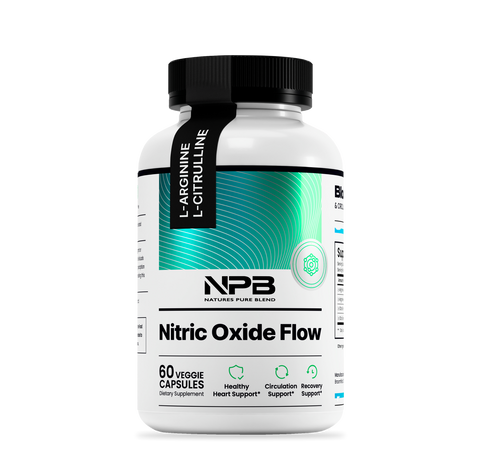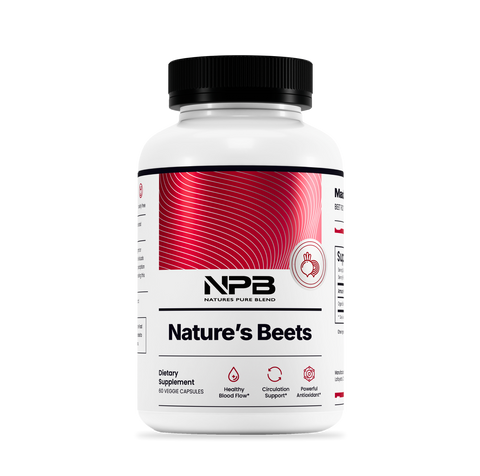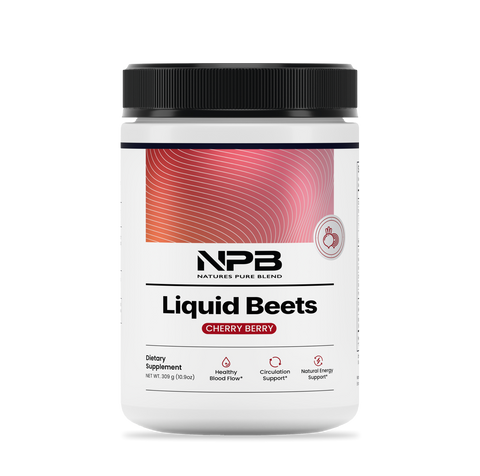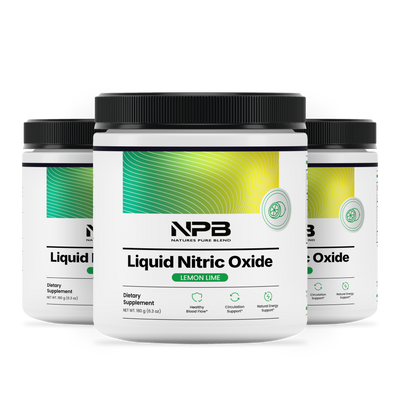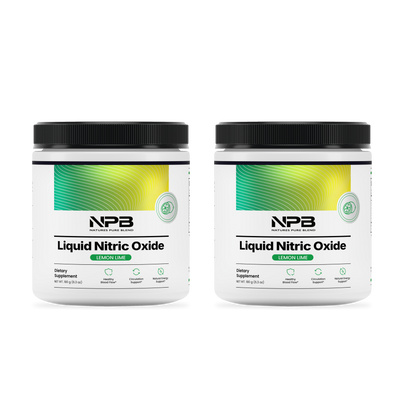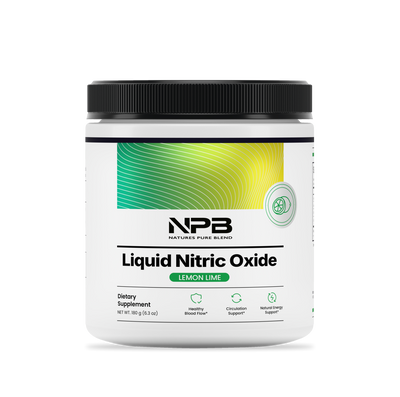As we age, circulation tends to slow down. This can lead to various issues, such as high blood pressure, muscle cramps, varicose veins, and even discolored skin. Fortunately, there are simple, natural ways to improve circulation and support healthy blood pressure. Incorporating a few key habits into your daily routine can significantly enhance your cardiovascular health and overall well-being. Here are seven actionable tips to help you boost circulation and lower blood pressure:
1. Regular Physical Activity
Exercise is one of the most effective ways to improve circulation. Activities like walking, jogging, swimming, or cycling help your heart pump more efficiently, increasing blood flow throughout the body. Regular exercise also helps reduce the stiffness of blood vessels, which is a common issue as we age. Aim for at least 30 minutes of moderate activity most days of the week to support heart health and circulation. (1)
2. Healthy Diet Choices
Your diet plays a crucial role in managing blood pressure and boosting circulation. Foods rich in potassium, like bananas, sweet potatoes, and leafy greens, help balance the effects of sodium on blood pressure. Omega-3 fatty acids found in fatty fish like salmon or flaxseeds help reduce inflammation in the blood vessels. Additionally, reducing sodium intake and focusing on whole, nutrient-dense foods like fruits, vegetables, and whole grains can help lower blood pressure and improve overall circulation. (2), (3)
3. Hydration Habits
Proper hydration is essential for maintaining healthy blood flow. Dehydration causes the blood to thicken, making it more difficult for it to circulate effectively. Drink plenty of water throughout the day to support healthy blood volume and pressure. Adding electrolytes, like Celtic salt, to your water can help maintain fluid balance and optimize circulation, keeping your blood flowing smoothly. (4)
4. Manage Stress Effectively
Chronic stress is a common contributor to high blood pressure and poor circulation. When you’re stressed, your body releases hormones like cortisol, which constrict blood vessels and raise blood pressure. Incorporating stress-reduction practices, such as deep breathing, meditation, or yoga, can help lower cortisol levels and improve blood flow. Even just 10-15 minutes of relaxation a day can help reduce the negative impact of stress on your cardiovascular system. (5), (6)
5. Maintain a Healthy Weight
Carrying excess weight puts added pressure on your heart and blood vessels, making it harder for blood to circulate efficiently. Losing even a small amount of weight can significantly improve circulation and help lower blood pressure. A combination of healthy eating and regular exercise is the best way to maintain a healthy weight and support heart health. (7), (8), (9)
6. Limit Alcohol and Avoid Smoking
Both smoking and excessive alcohol consumption can harm your blood vessels and raise blood pressure. Smoking causes blood vessels to constrict, which reduces circulation, while alcohol can interfere with heart function and increase blood pressure. By quitting smoking and moderating alcohol intake, you can protect your cardiovascular health and promote better circulation. (10), (11)
7. Boost Nitric Oxide Levels
Nitric oxide plays a vital role in relaxing blood vessels, allowing blood to flow more freely. You can naturally boost nitric oxide levels by eating nitrate-rich foods like beets, leafy greens, and citrus fruits. Additionally, supplements like beetroot powder or L-arginine are known to help increase nitric oxide production, enhancing circulation and supporting healthy blood pressure. By boosting nitric oxide levels, you can improve blood flow, increase energy, and support overall cardiovascular health. (12), (13)
Conclusion
By following these seven simple tips, you can take proactive steps to boost circulation, lower blood pressure, and improve your cardiovascular health. Each small change you make can add up to significant long-term benefits. Whether it's through better dietary choices, stress management, or incorporating nitric oxide-boosting foods, you’ll be giving your heart and blood vessels the support they need to thrive. For more information on how to support circulation and heart health, check out the full blog linked above.
